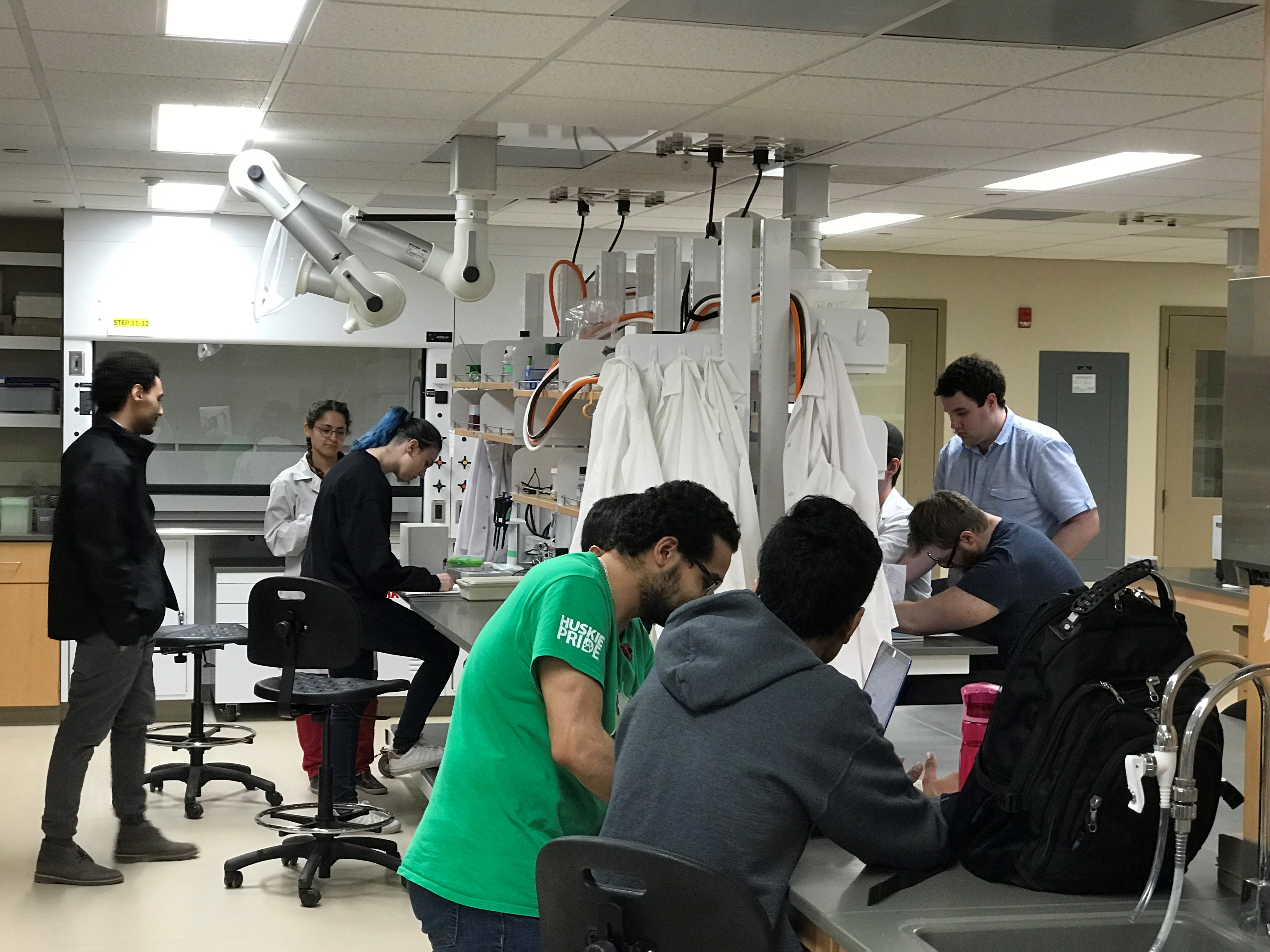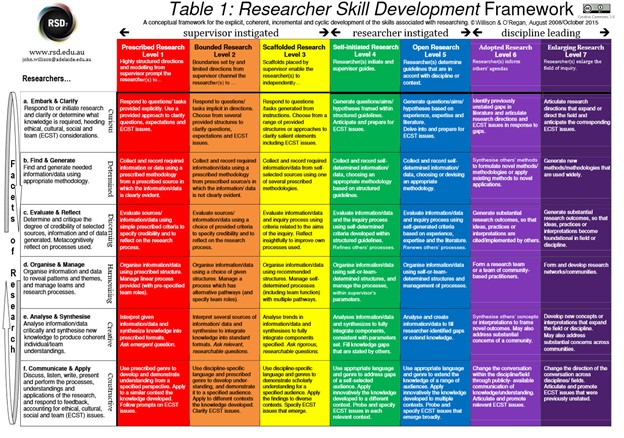
From Student to Researcher (in one Term!) Post 2: Distinguishing ‘student’ from ‘researcher’
The largest and most dramatic take-away from facilitating our CURE course over the past three years is witnessing how our learners transform from timid ‘students’ to confident, resilient, inquisitive ‘researchers’, in real-time, right before our very eyes in 3 months.
By Harold Bull, Dawn Giesbrecht, and Sheryl Mills(This blog series is authored by USask denizens Harold Bull, Dawn Giesbrecht and Sheryl Mills) Harold is Assistant Professor Biochemistry, Microbiology & Immunology. Dawn is Laboratory Instructor Anatomy, Physiology and Pharmacology; Biochemistry, Microbiology and Immunology. Sheryl is Associate Director, Academic Programs & Interprofessional Education)
The largest and most dramatic take-away from facilitating our CURE course over the past three years is witnessing how our learners transform from timid ‘students’ to confident, resilient, inquisitive ‘researchers’, in real-time, right before our very eyes in 3 months.
How does this happen? Magic?! Special powers?! Serendipity? Forces of Nature? A surprisingly keen group of learners? Specially-talented instructors? Some of these things may be true 😉
Seriously, we attribute this shift from “thinking like a student” to “thinking like a researcher” to the design of a CURE course. The very structure of the learning experience moves the dial from “thinking like a student” to “thinking like a researcher”. We observe this transition with the help of the RSD Framework.[1]
First, here’s what we mean by “thinking like a student”…
Generally, as instructors in “regular classes” students ask us things like:
- “How much is this worth?”
- “How many words?”
- “How many references do we need?”
- “When is it due?”
- “Did we get the correct answer?”
And, a perennial favourite,
- “Is this on the exam?”
Learners in our CURE classes don’t ask these questions. Well, they might at the beginning. Then the transformation begins, and they ask questions like:
OOPS! They don’t ask us questions anymore! Learners do not defer to ‘the expert’ but rather, as an entire class, we begin to collaborate[2].
Together we discuss:
- how the research is going
- problems that crop up
- if research questions are realistically scoped for 3 cu
- budgets and materials
- methodology and protocols
- project goals and timelines
- assigning duties and teamwork
Here’s what we mean by “thinking like a researcher”…
Thinking like a researcher entails the combined attributes that allow one to effectively carry out ‘research’. As a reminder, the natural order in research is:
- Observing
- Identifying something of interest (issue, problem, surprise, ‘doesn’t fit the mold’)
- Constructing hypotheses
- Creating or finding appropriate methodologies to test hypotheses
- Conducting experiments (record, analyze, answer question)
- Sharing findings
Comparing typical university learning environments to the natural order in research…
In didactic lecture courses, ‘students’ often passively receive instructions and information. In traditional lab courses, typically an ‘experiment’ is setup identically for all students, with all reagents provided. Students walk into the lab and magically everything is setup and ready to go. They often even know ‘how the episode is going to end’! The research question is often a demonstration of something that is well understood and typically ‘foundational’ in the field of study.
From our perspective, more traditional university learning environments virtually skip all the exciting, energizing, and important steps of research. For example:
- Learners don’t observe for themselves the initial insight that defines a current problem
- Learners don’t formulate the question they are told to address
- Learners don’t construct the hypothesis
- Learners aren’t asked to design experiments
- Learners don’t develop or choose methodologies
- Learners do record what we tell them to record
- Learners do analyze information in the ways they are told to
- Learners do not share their findings beyond handing it in as an assignment
So how does the CURE course catalyze the ‘student to researcher’ change in 13 weeks?
Learners are highly engaged from the start for several reasons:
- Taking this course is their choice
- The research questions they explore are self-directed within the parameters of the course
- They choose their teams
- They develop their methodology, protocols, assignment of duties, timelines, budget, presentation format, and create their publication-quality article
The progression of the learners’ confidence in their own abilities is easily visible, even grossly obvious. You cannot miss it! This change is often underway as early as Week 2. Warning: Learners will tend to ignore you from as early as the second week of class, coming to you, the instructor, only to report their progress and get advice on roadblocks.
Overall, most exciting for us as educators, is seeing learners, over 13 weeks of a 3 cu course, stepping up, taking on their projects, and owning those projects! And in doing so our learner colleagues develop team skills necessary to be strong collaborative researchers…in one Term!

[1] We used the RSD 7 framework to guide reflection at least two points in each course. Our learner colleagues were able to identify their own growth relative to the framework.
[2] “Both teamwork and collaboration involve a group of people working together to complete a shared goal. The key difference between the collaboration and teamwork is that whilst teamwork combines the individual efforts of all team members to achieve a goal, people working collaboratively complete a project collectively. Those collaborating work together as equals, usually without a leader, to come up with ideas or make decisions together to complete a goal. Whereas team work is usually overseen by a team leader, and those within a team are delegated individual tasks to complete to contribute towards the team’s end goal.” https://www.civilservicecollege.org.uk/news-understanding-the-differences-between-teamwork-and-collaboration-203
Jump to the next post in this series here!~ Jumpt to the previous post here.
Find ALL BLOG POSTS IN THIS SERIES HERE.
Podcasts:
Student podcast (MightyChondria team):

